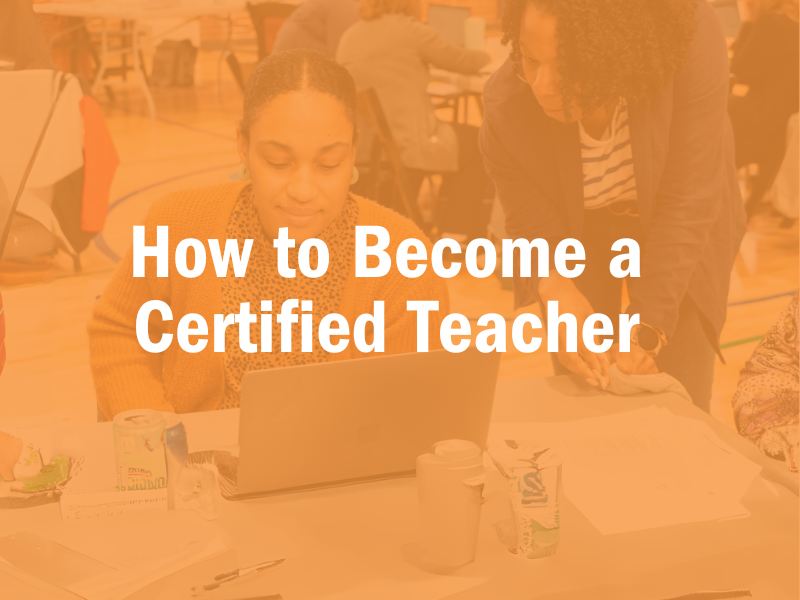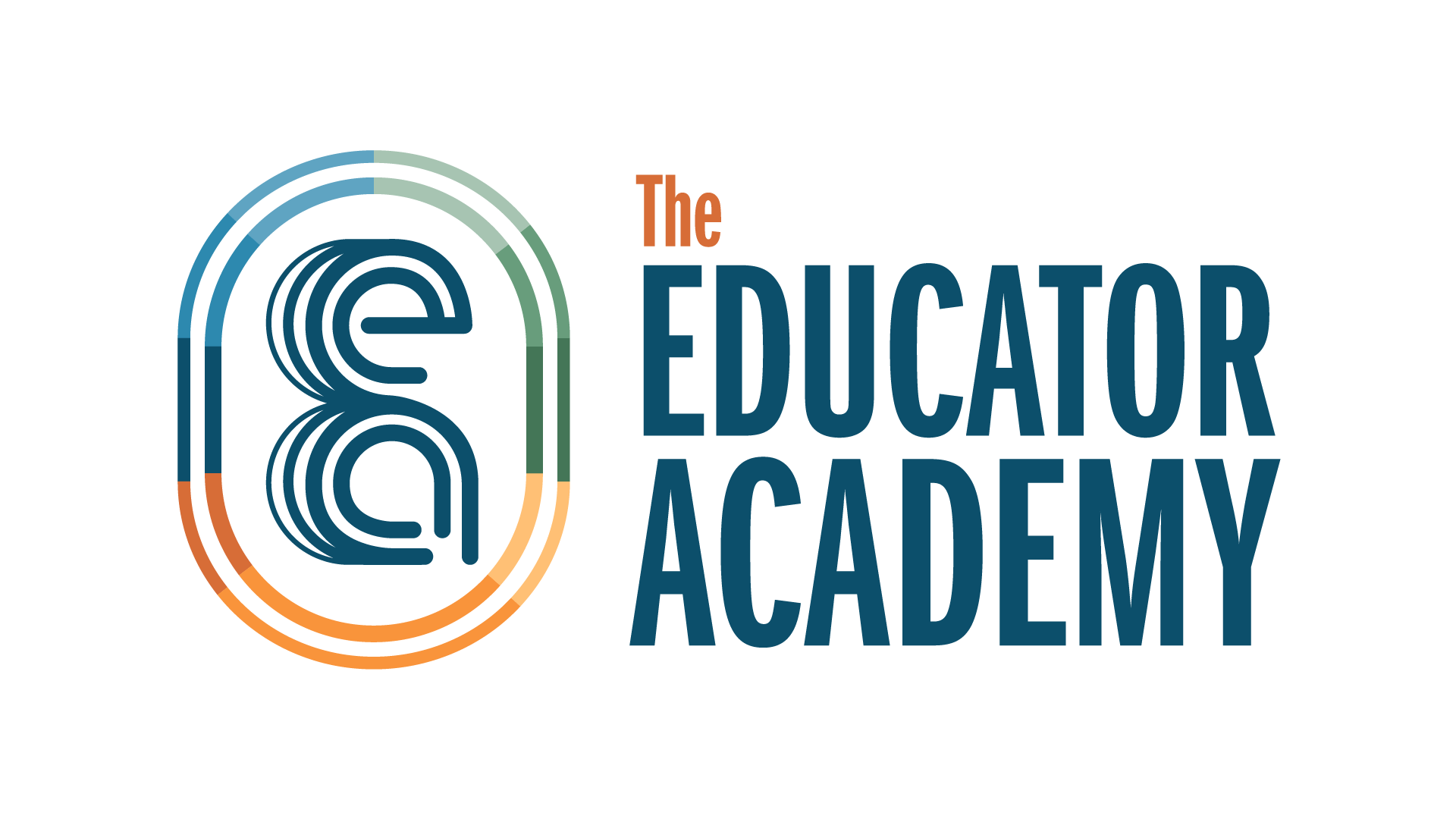
In Missouri and other states, an aspiring educator must be certified to become a teacher in most schools and districts. In the sections below, The Educator Academy will provide a breakdown of how to become a certified teacher, what teacher certification is, and why it is important and worth pursuing.
What is teacher certification?
Before discussing how to become a certified teacher, let’s discuss what teacher certification is. Teacher certification is a license that proves that you have completed the requirements to be a teacher in a state. Like other professions, such as nursing, accounting, law, or engineering, becoming a teacher requires taking classes, demonstrating skills, and passing exams to prove you are ready to take on a role in that field. A teaching certificate demonstrates to an employer or school that you are prepared to teach and lead a classroom.
Each state in the U.S. issues its unique teaching certificate, and some even have a different name for their certification process. For example, Kansas issues a teaching license instead of a teacher certification). While each state has its own set of rules and regulations for earning certification, most states allow teachers to apply for and receive certification if they hold a valid certificate in another state. This process is called reciprocity.
Teacher certificates are specific, not only to states but also to grade levels and content areas. For example, in Missouri, a teacher or educator teaching 8th-grade science at Northeast Middle School in Kansas City, needs to hold a Middle School Science certificate, while a first-grade teacher at Crestview Elementary in North Kansas City must hold an Elementary certificate. Teachers can hold certification in multiple areas at the same time. Adding certifications to an existing certification is a much simpler process than earning an initial certificate. Teacher certification expires after a certain period unless it is renewed or the teacher applies for lifetime certification.
Why should you consider getting certified?
Earning teacher certification takes a significant amount of time, effort, and, in some cases, money. So why would someone want to get certified?
The most obvious answer is that getting certified is a requirement to be considered for most teaching positions. Many school districts will not even consider an applicant for an open teaching job unless that person is certified. There are several reasons for this. First, teacher certification is evidence that an applicant has completed coursework and classes on how to teach effectively, as well as completed a student teaching experience and also passed exams focused on a combination of academic content and teaching methods.
However, the training and development that precedes certification is just as important as the certificate itself. Below, we’ll outline some of the different options that a future teacher has, but the headline is that getting certified ensures that you know how to do the job well, which is, importantly, what kids deserve. While certification itself is just proof you’ve done the work and completed the learning, the work and learning matters.
Okay, but how do I become a certified teacher (in Missouri)?
To get certified in the State of Missouri, you must enroll in and complete a program of study with an Educator Preparation Program, or EPP. An EPP will help guide you through completing the requirements for certification. These include completing a practicum or clinical experience and passing the necessary content exams. Most individuals lean on their EPP to help guide them through the process, because these steps are complicated. The Missouri Department of Education maintains a list of Educator Preparation Programs that offer certification on its website.
EPPs roughly fall into two categories: traditional route, or alternative route. Below, we’ll provide a breakdown of these two categories and some of the pros and cons of each.
Traditional Routes to becoming a certified teacher
Traditional route programs are EPPs that offer certification through an undergraduate program at a college or university. Future teachers enroll in the school and then enroll in a program that grants certification. Local universities like UMKC, Avilla, and Rockhurst, as well as large state universities, such as the University of Missouri, Columbia, Missouri State University, or Central Missouri, all have education majors and degree pathways that end with granting certification. Most traditional certification programs focus on undergraduate students and aim to serve individuals who are full-time students.
The traditional route is a great option for current or future college students. It is also a strong option for people who want to return to school and complete a new undergraduate degree. One requirement for all EPPs is a practicum or “student teaching” experience. Because that is often a full-time commitment but is built into coursework, traditional route students can complete their practicum without needing additional time outside of their current workload.
However, traditional route programs are often less suitable for individuals who already hold a bachelor’s degree and those who have worked in a different field or industry before joining the teaching profession. Traditional programs do not accommodate the schedule or lifestyle needs of individuals seeking to become teachers after graduating from college or university because they are tailored to undergraduate and full-time students. Fortunately, alternative certification routes offer a better fit for many future teachers.
Alternative certification routes to becoming a certified teacher
Alternative route certification (or alternative certification) is any EPP that does not require enrolling in a four-year undergraduate program. All of these programs require that you already hold a bachelor’s degree, and are called “Post Baccalaureate” programs. The most common version of this is graduate degrees which also include certification. Many colleges and universities that offer these graduate degrees are accessible to people who hold an undergraduate degree but might not have majored in education, and allow future teachers to get certified while completing a graduate degree. These programs are called “Masters of Arts in Teaching” or “MAT” programs.
Finally, there are Residency and Fellowship programs. Some programs provide an alternative route to certification and are EPPs, but are not colleges and universities. Missouri has two non-IHE EPPs that can certify teachers: The Educator Academy and The St. Louis Teacher Residency. These programs, like The Educator Academy’s residency program fellows program, or the St. Louis Teacher Residency, are structured to serve not only recent college graduates but also career changers. They do so by providing a full range of services, including coursework, coaching, development, job placement, and other key support.
Alternative certification is a great option for future teachers who already hold a bachelor’s degree or those who already hold a position in schools. The flexibility offered by these programs, as well as the development they offer, can help people successfully move into a full-time teaching position from whatever role or job they currently hold, both in and outside of school.
For those who have not completed an undergraduate degree or bachelor’s, alternative certification is not a good option, because virtually all alternative certification EPPs require applicants to hold a bachelors before they enroll.
Other options for becoming a certified teacher
The Missouri Department of Education lists a handful of other options for earning certification. These include Emergency Authorization and the American Board of Certification for Teacher Excellence (ABCTE). While these routes may work for some educators, they don’t offer the kind of development and training that traditional and alternative certification routes offer. Teachers must train and prepare so that they can be as effective as possible for their students. We believe that pursuing certification through a route that offers those supports is critical to success as an educator.
How do I choose a route or EPP?
A future educator should consider the following key questions when deciding on a certification pathway or EPP.
1. What qualifications, skills, or experience do I already have?
The first step is to evaluate the qualifications you have.
If you already possess a bachelor’s degree or are close to completing a degree in a major outside of education, an alternative certification route might be your best fit. If you still need to complete your bachelor’s, then the traditional route might be a better fit. In addition to that, you might want to consider what experience you already possess. The Educator Academy’s fellow program, for example, supports individuals who want to get certified, developed, and coached, but already have a significant amount of teaching experience, either as a long-term sub or a paraprofessional. The residency pathway supports future teachers who have less experience in education or are coming from a completely different industry.
If you’ve been working in school already, alternative certification might be your best route. Consider which EPP will best support you on that path.
2. What and where do I want to teach?
Not every incoming teacher knows what content they want to teach or what district they want to work in. Figuring out at least some of those details can help you identify the best program for you. If you want to teach special education, you should enroll with an EPP that offers that as a certification area. Similarly, if you want to teach 4th grade in Belton, Missouri, you should find an EPP that offers elementary certification, but also one that has a relationship with that district, so they can support you in building relationships, and even help secure a student teaching experience in that district.
The Educator Academy, for example, uses the residency model to ensure that program participants get a full year of work experience at a particular school and in the content area that our Residents plan to teach. That helps ensure that people feel prepared, both to teach and to find a job when they complete the program.
3. What kind of learner am I? What kind of support does the program provide?
Completing a program of study and getting certified isn’t easy, no matter what route or EPP you pursue. One thing to seriously consider is your learning style and what support you’ll receive.
If you prefer sitting in a lecture hall or conducting independent reading and research as a student, then you might find a traditional route or an alternative route MAT program to be the best fit. If you are someone who learns best by doing and practicing, then a teacher residency, like The Educator Academy’s residency program or the St. Louis Teacher Residency’s program is a better choice.
Similarly, it is important to know what kind of support you’ll receive. Some programs expect you to manage everything yourself, from coursework to financial aid, to finding a student teaching role. If you are struggling, they may inform you that it is up to you to figure it out. In contrast, some alternative EPPs seek to support candidates through advising services, emergency funding, counseling support, or mentorship and coaching. You can learn what kind of support they offer and make a better-informed decision, by talking to representatives of EPPs,
4. How quickly am I ready to move?
When thinking about how to become a certified teacher, one important aspect to consider is timing. Getting your teacher certification through different routes and EPPs can take different amounts of time to complete. Each route and type of program generally breaks down as follows:
- Because they revolve around obtaining a bachelor’s degree, traditional route programs can take up to four years to complete.
- MAT programs typically require two years to complete because they present challenging and rigorous coursework.
- Residencies and Fellowships usually take one year to complete.
Knowing in advance how long you want a program to take is an important factor in making a decision. Also, keep in mind that the length of a program usually impacts how challenging it is. Shorter programs usually require more intense work because you are completing the coursework and practicum over a shorter period.
Looking for help in how to become a certified teacher?
Whether you are looking to become a teacher, or are already in the classroom, The Educator Academy can help. Furthermore, we exist to sustain empowered educators in creating equitable classroom experiences for all students. Send us a message to receive more support for your next step in education!

